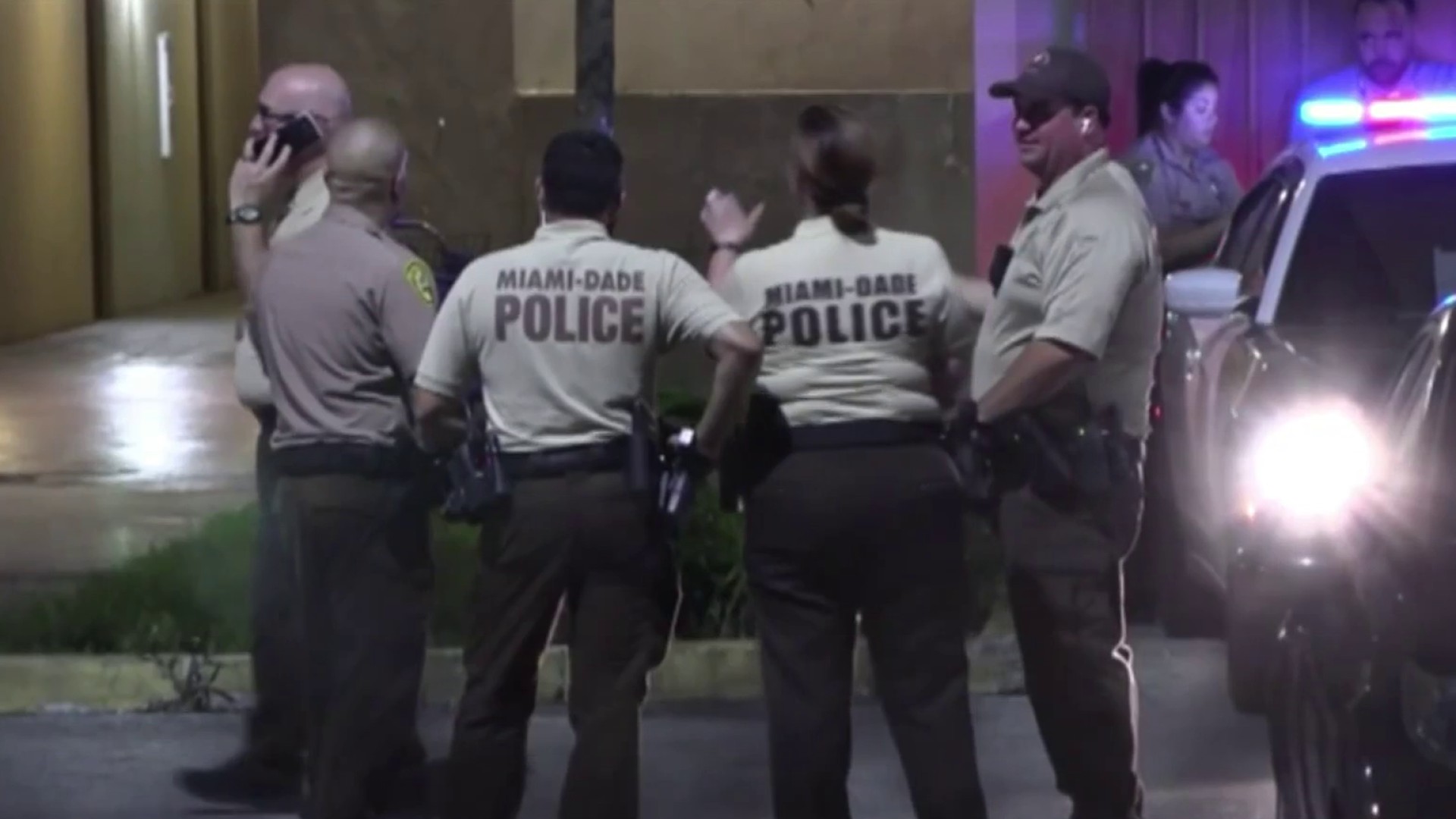Juan Oria always wanted to take care of his parents when they reached old age and couldn’t care for themselves.
“They were exceptional parents and what they did for me I said I would do for them,” he said about his parents.
But after his widowed 88-year-old father developed Alzheimer’s and dementia, he and his sister disagreed over who should care for him.
“We ended up in court where the guardianship program was assigned to be the ward for my dad,” said Oria, who works for a local cruise company.
Last October, the Guardianship Program of Dade County (GPDC), a non-profit agency that acts as the public guardian for indigent adults in Miami-Dade County, was appointed guardian of Oria’s father.
His case is among the thousands of guardianship cases filed in probate courts throughout the Sunshine State every year. As people age, many become incapable of managing their personal and financial affairs.
Local
Order Appointing Guardian Pelayo Oria [D1] (Text)
In Florida, where 19 percent of the population is 65 years old or older, according to the U.S. Census, many senior citizens have been thrust into a little-known system in which they can be prevented from making decisions such as where to live or how to spend money.
This often happens after a judge appoints a professional guardian –often a stranger—to handle the personal and financial affairs of people with diminished mental or physical capacity. Courts may appoint a family member, a professional guardian, a nonprofit social service agency, such as GPDC, or a local or state agency to care for an incapacitated person.
While some guardians serve in the best interest of the incapacitated person, cases of abuse, neglect and exploitation of clients have been widely documented.
After his father, Juan Pelayo Oria, became a ward of the state, Juan Oria lost control of his father’s finances.
“What they did immediately the next day is they cancelled his nursing services and they tried putting him like in a facility which I was completely against,” said the Hialeah resident.
Juan Oria fought GPDC when it prevented him from entering his father’s home without their permission. But once he was allowed back into the house, he found himself paying out of his pocket for his father’s nursing care and other bills that he says were not getting paid by GPDC.
“I paid for every bill, since November to the point where now they finally reimburse for some,” he said.
In August, Juan Oria contacted the NBC 6 Investigators expressing concerns about his father’s finances. He says the program only sent his dad a $160 monthly stipend to live on even though his retirement checks were $943 a month.
“They never have answered, sent a reconciliation, or an accounting of anything,” Juan Oria said.
DV.load("//www.documentcloud.org/documents/2475265-pelayo-oria-statement.js", { container: "#DV-viewer-2475265-pelayo-oria-statement" }); Pelayo Oria Statement [D2] (PDF)Pelayo Oria Statement [D2] (Text)
NBC 6 Investigators took Juan Oria’s concerns to Carlos McDonald, who runs the Guardianship Program of Dade County. He explained that the program puts wards on a budget that factors in saving money for future expenses.
McDonald said because they wanted to build up the amount of money in Juan Pelayo Oria’s account, only $160 was left for him for monthly living expenses.
After NBC 6 Investigators contacted the organization, GPDC sent Juan Oria financial documentation showing how the money had been managed.
“Because you called and now they noticed that the public was into it, was going to hear about it, then they reacted,” the son said.
It has been a year since Juan Oria’s father became a ward of the state after the family dispute landed in the court system. His persistence paid off and recently, the son won the legal battle to get his father back.
“I can finally take care of him,” he said.
But that is not how all cases end.
Lidya Abramovici, who works in the real estate industry and lives in Aventura, lost guardianship of her mother to a private, for-profit group after a family dispute.
“Since they got the guardianship my mother did not see one single penny from her money,” said Abramovici.
In her case, Abramovici says, the guardians, attorneys and others went through $400,000 her mother had saved for retirement. The money wasn’t there when her elderly mother was sick and needed it the most. Her mother, Perla Abramovici, died in February 2013.
“My mother was a very good person...my mother…the suffering, she didn’t deserve it,” said Lidya Abramovici when asked what hurt her the most. “She lived her life for her family.”
In 2013, Lidya Abramovici teamed up with Sam Sugar, a retired physician who went through a similar battle over his mother-in-law. Both created Americans Against Abusive Probate Guardianship, an advocacy organization with a nationwide membership.
This year, the organization and its members’ persistence helped push for a new law in Florida which now prohibits an emergency temporary guardian from becoming the permanent guardian.
The goal of this new law is to prevent guardianship groups from trolling for wards.
“It makes abuse, neglect, exploitation of a ward a crime,” Sugar said.
Guardianship has become a growing industry in Florida where for-profit professional guardians have grown from 243 in 2005 to 457 as of today, according to a spokesperson with the Florida Department of Elder Affairs.
That’s why both Sugar and Lidya Abramovici know their work is not done and they are hoping to get support for new legislation, which would put a cap on fees associated with guardianship.
"Once you take away the financial incentive for the attorneys, there are not going to be so many guardianships, they’re not going to have the abuse,” Lidya Abramovici said.
Meanwhile, they have advice for families facing similar situations and fighting over their loved one’s care.
“Settle your differences right now, today, this minute,” Sugar said, “because if you go in front of a guardianship court, you will lose everything including your loved one.”



